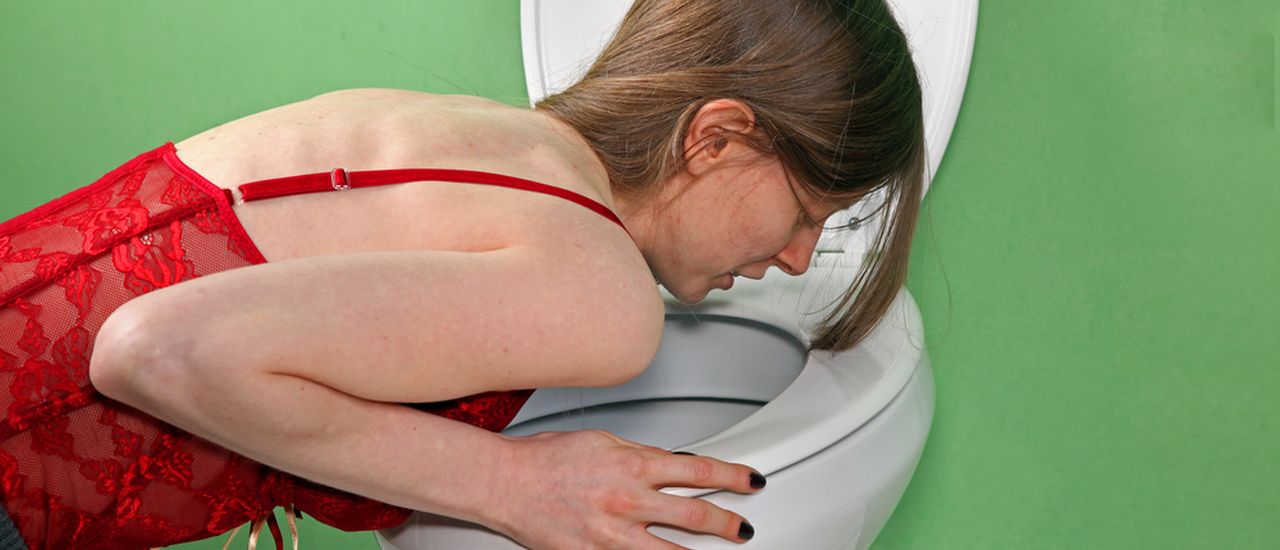It seems like such an easy answer to weight-control: whatever you put in, you just throw out. But it isn’t how your body works – at all. We’re not sure where our connection between food and health broke down, but conditions like bulimia show how broken it can get.
Food for the body and the soul
Eating is not only about feeding the body; it affects our mood, and is part of every relationship – the people with whom we share breakfast, lunch and dinner. Just to make it more complicated, hyper-skinniness somehow started becoming the only definition of beauty. What did we end up with? People eating to stay happy, then purging to look beautiful.
What is bulimia?
Bulimia (bulimia nervosa) is classified as an emotional disorder. It’s a serious illness where sufferers binge-eat, and then purge to get rid of the calories. The binge-eating is usually done in secret, and purging is often done by inducing vomiting or using laxatives. In some cases, a sufferer will choose to limit food between binges instead.
So many downsides
There is no upside to bulimia. Even the idea that weight can be controlled doesn’t last for long as the metabolism takes strain, and weight see-saws up and down.
A sufferer is already battling the emotional damage done by guilt, secrecy, shame and depression. But bulimia is just plain dangerous for your body. Here are some possible, and likely, effects:
- irregular heart rate and low blood pressure
- dry skin
- ulcers
- dehydration and decreased electrolyte levels
- anaemia
- excessive vomiting can lead to oesophageal ruptures
- digestive gastrointestinal problems
- irregular or no periods
- kidney failure
How is bulimia treated?
There’s good news: bulimia is treatable. Such a complex and multi-layered condition means that treatment needs to address several different aspects. Basically, just changing behaviour isn’t enough – underlying causes, signs and cues have to be addressed. This is important as symptoms can come back. All of the following form a part of the recovery process:
- Therapy
- Individual eating-plans
- Regular check-ups
- Medication – such as anti-depressants, if necessary
There are organisations doing great work in the area of eating-disorder treatment, such as Imani Centre in Cape Town, or Tara or Crescent Clinic in Gauteng, just to name a few.
While recovery is a long process, it’s more than just possible. If you’re struggling with food and eating issues, speak to your doctor. Or, if you’re ashamed, speak to one of our doctors – we’d love to help!
There is plenty of help to restore life’s balance, and the simple joy of being able to eat in a healthy way – guilt-free.
Source: My Edit

